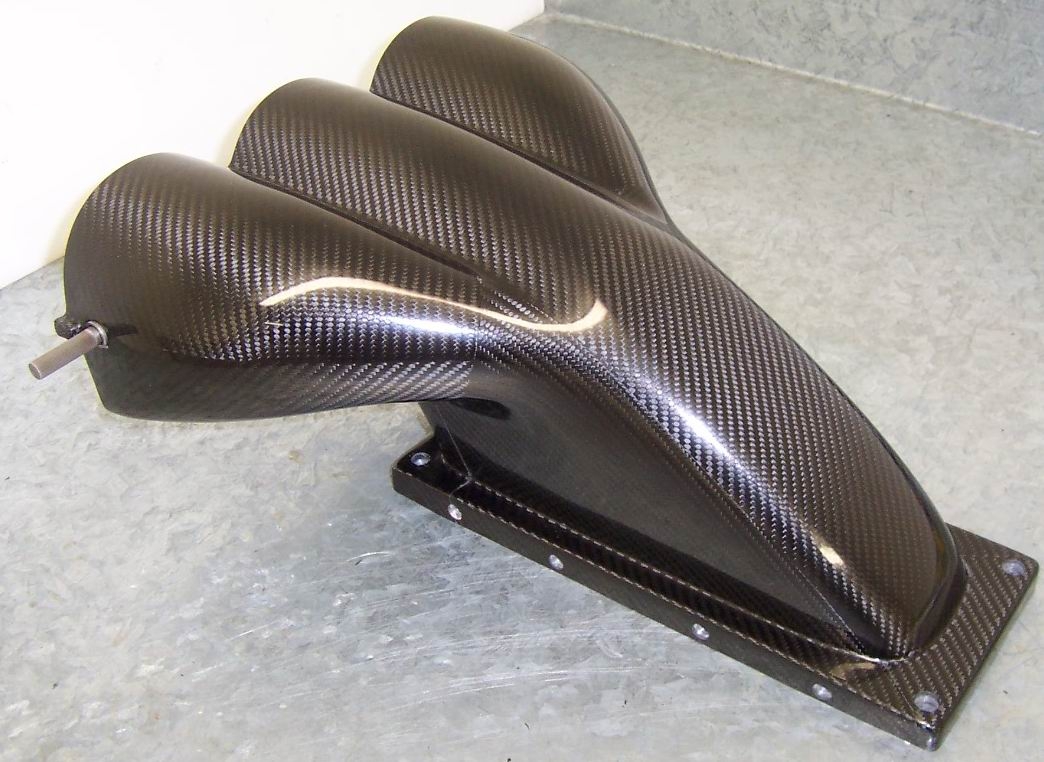Without dianhydride chemistry, you would probably not be reading this page, or using your smartphone or computer, or receiving a wireless signal, or using electricity from the wall socket, or driving your car – the list goes on and on!
A quick primer – dianhydrides have an extensive history as thermal curatives for epoxy resins and as co-monomers for polyimide synthesis. Dianhydrides were vital to the emerging electronics market of the 1960s, with epoxy polymers that offered sustainable properties under adverse conditions. Successes gained in protecting electronic equipment were quickly duplicated in other applications including coatings, adhesives and composite materials.

Dianhydrides have a second important contribution as co-monomers for polyimide synthesis, where an even greater degree of thermal stability and dielectric behavior can be achieved. From wire enamels for electric motors to matrix resins for advanced composites, to films for flexible printed circuitry, dianhydrides play a vital role in shaping performance. Take a moment to think about your smartphone’s brilliant display, incredible computing power and foldable screen – you’re welcome!
Other applications that benefit from the use of dianhydrides include PET foams for wind turbine blades, chain length extension of nylons for higher performance in automotive components, and backbone modification of unsaturated polyester resins for more thermally resistant thermoset coatings and composites.
We invite you to explore the information and data presented here, along with chemistry, applications, tips and advice on how to leverage dianhydrides for a competitive edge on your next project. We also encourage you to submit content to expand the community’s knowledge base. Become one of our founding contributors today!
The Buy American Act: How May Your Business Be Affected?
An industry brief by Dr. Vinay Mishra, Technical Sales Manager June 20, 2022 On May 5th, 2022, Bloomberg reported that the Chinese government has [...]
What is Pultrusion?
Polymer composites offer high strength-to-weight ratios and other benefits such as corrosion-resistance, making them attractive in varied market applications, e.g., aerospace, automotive, and infrastructure. Fabrication [...]
What Are Epoxy Composites?
Epoxy composites are a type of polymer material that uses an epoxy resin to create a polymer matrix which is reinforced with fibers or other [...]




